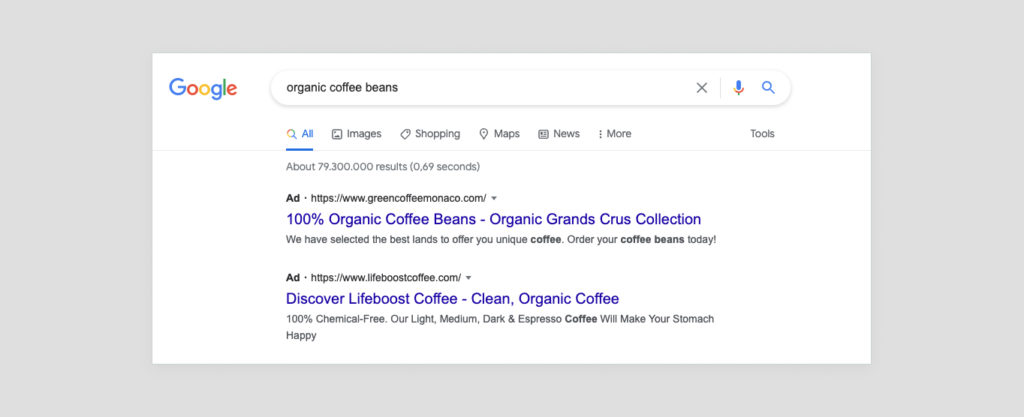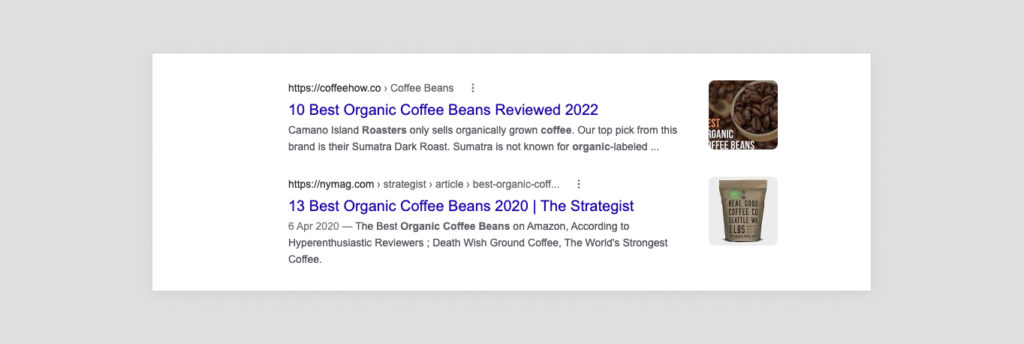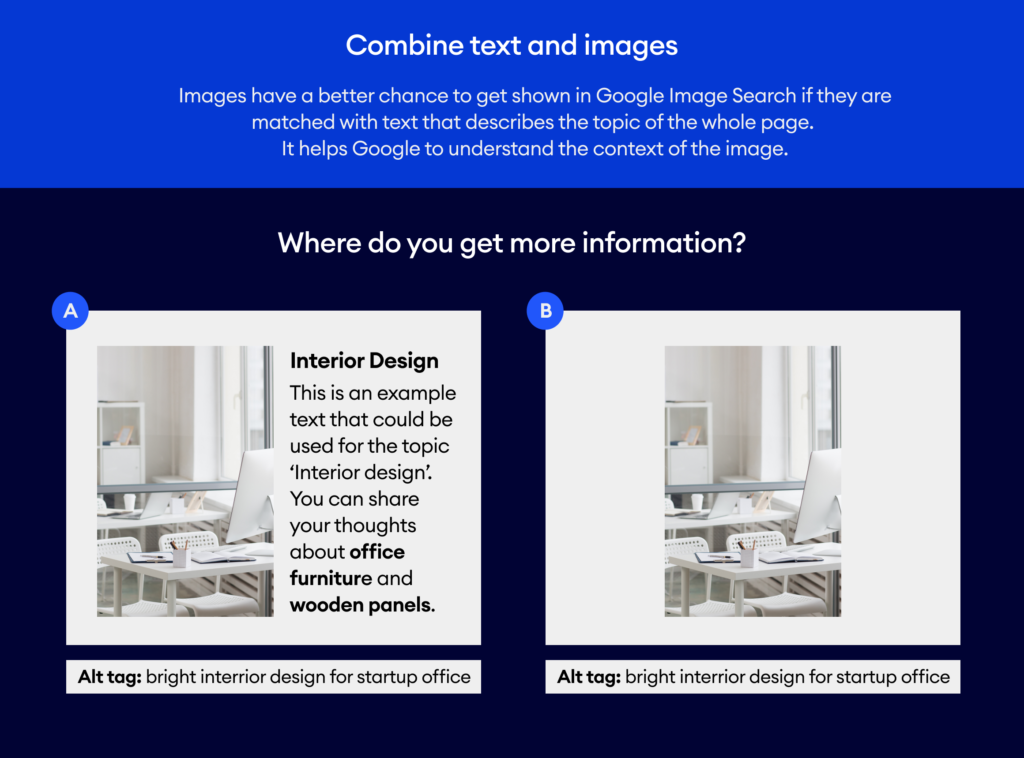- Get link
- X
- Other Apps
What is SEO? The basics of Search Engine Optimization for beginners will help you a lot in understanding this concept from scratch. To locate goods and services online, we all utilize search engines. include your clients. Wouldn't it be wonderful if visitors found your website when they looked for a good or service like yours?
Making your website more accessible in online search engines (like Google) in order to increase the number of visitors is the fundamental purpose of SEO.
Describe SEO.
Search engine optimization, or SEO. It involves all the work you put in to get your website to appear in search results so that you may draw in more people. The three most crucial aspects of SEO are gathering inbound links, content optimization, and keyword research.
To do that, you must edit and refresh your website's content to make it simple for Google to comprehend. In this post, we explain the fundamentals of SEO and outline a starting point for your own website:
Why is SEO great for small businesses?
You have a few distinct advantages as a small company owner over large organizations that will allow you to profit from SEO even more.
Small businesses are more specific
Small businesses tend to be more singularly focused, which is advantageous for search engines as they aim to deliver the most pertinent results to their consumers. By selecting keywords that specifically represent your unique selling proposition, you may increase the effectiveness of your SEO campaign.
- substitute "gluten-free bakery" for "bakery"
- substitute "burnout coach" for "coach"
- substitute "wedding photographer" for "photographer"
This makes it easier for you to draw customers who are expressly seeking goods or services that you can only provide.
Small businesses know their customers better
You receive direct consumer feedback, so you are fully aware of the content that is pertinent to and helpful for future customers. You learn about people's recent purchases and the questions they have before making a purchase. Make your page more informative and useful by using this information.
Mention it on your website if you observe that consumers frequently inquire about the organic status of the coffee beans you roast. That information is exactly what you want search engines to know about your company! Your website will probably appear higher on search results the following time someone looks for organic coffee beans.
Small firms are more responsive
All you have to do is quickly update your website whenever something happens that has an influence on your business. You may act quickly and be the first to create the relevant content that tops the search results.
You should expect queries from the public if the government proposes new banking regulations. The first person to outline the repercussions for small enterprises that get financial assistance from your local government may be found on your local accounting website. That will draw the interest of your intended audience.
Build a website on your unique topic with material that is understandable, current, and helpful for your target audience to capitalize on your strengths as a small business.
Bring your business online with Jimdo
What distinguishes SEA from SEO
You may have noticed that the results page for a Google search is divided into sponsored results and what are known as organic results. Let's quickly examine the distinction:
Search engine advertising (SEA), or paid advertising, is when paid results are found. The word "Ad" is where they begin. To draw potential buyers to a landing page, you select the terms you want your site to appear for and pay to appear in those searches. You pay for these visitors, thus it's critical to pick the appropriate searches.
You'll reach the organic results if you scroll through the advertisements: Search Engine Optimization (SEO), or the free effort you put into your website, produces organic results.
In order to get your pages into organic results, we'll concentrate on the fundamentals of SEO in this post. Although SEO is a lengthy job, many small businesses find it to be worthwhile. With SEO, you can put in a little work and get a lot of free traffic. instead of paying for advertising!
These days, search results come in a wider variety than just the traditional list of links, including graphics, frequently asked questions (FAQs), highlighted snippets, and local results. If the algorithm determines that they fit the search, Google displays them prominently. This may be a really effective technique to draw people to your website.
How does SEO work?
Every day, Google receives billions of searches. And it has to give each of those queries meaningful, helpful search results. In order to locate the best sites to match a certain search query, the search engine employs an algorithm. In essence, our goal with SEO is to change that system.
Web crawlers are used by search engines to scour the internet for fresh sites. The crawlers attempt to understand a new web page's content after adding it to their list of pages to index. They will examine the text, pictures, headers, links, and other elements to determine what information is being provided.
What search engines look for
Google wants to discover a few fundamental information when it visits a website:
- The page's subject
- What information the page provides on that subject
- How famous or trustworthy is the website is
When determining these details about your website, the search engine examines the content, photos, headers, links, and more.
Ranking pages
A search engine chooses the page that best matches a user's search based on the information mentioned above. The search results list that page first. The system then determines whether pages placed below it are marginally less relevant (keep in mind that search engines list individual pages, not whole websites).
Because they don't want anyone to be able to manipulate the system, search engines don't divulge their particular algorithms. But it's obvious that some elements—like headers, alt text, plain language, keywords, and inbound links—are crucial. Additionally, search engines recognize elements like mobile friendliness and HTTPS security that make a website simpler or safer to use (both of which Jimdo provides automatically).
Bring your business online with Jimdo
In actuality, many believe that there are over 200 "ranking variables" that influence how much a search engine loves your website. This also explains why when Google improves its algorithms, there is sometimes a bit of a commotion as users try to uncover any new advantages.
Updating search results
When you update your website, you provide the algorithm with fresh data. After processing them, it will modify your position in the search results. The main focus of your SEO chores should be making wise adjustments to raise your ranking.
How to begin using SEO
When you first begin with SEO, you should focus on the following four areas:
- keyword research
- getting indexed
- On-Page optimization
- Off-Page optimization
Because Google is by far the most popular search engine, we will use it as an example in this essay. For other search engines like Bing, Yahoo, Ecosia, or DuckDuckGo, the fundamentals of SEO are the same.
Keyword research
Goal:
To determine the keywords and phrases that potential clients will use to locate you (or a business like yours).
Finding out what terms or phrases people use to look for a website similar to yours is called keyword research. They provide search engines with information about your page's content so they may match it with pertinent searches.
- Make a list of the search terms you believe clients use to locate you on Google.
- Utilize tools for keyword recommendations to grow your list.
- your keyword list, sorted and filtered
- Choose the pages that will use which keywords.
Knowing your keywords can help you understand what information your audience is searching for, allowing you to optimize your content to be even more helpful to readers.
Getting indexed
Goal:
For Google to add your website to its list of sites
Google does not immediately list new websites. Google must first be aware of their existence. Then it sends a bot to browse around on the webpage. When that bot returns data, Google includes the website in its index. The website won't appear in search results until that time.
Obviously, for that to happen, the website must be launched. Getting your own unique domain before releasing is another smart move. The completed output of your content is not necessary because SEO is all about optimizing. It's typical to keep making adjustments after your website is released.
- Connect your website to a custom domain of your choosing.
- Put your website online.
- Website submission to Google
On-Page optimization
Goal:
To inform Google of the queries that your website is a suitable fit for
The improvements you make to the website itself, such as working your keywords into the text or including alternate text for your pictures, are referred to as on-page optimization.
- Create interesting material that responds to queries from readers
- Incorporate your keywords naturally into the text by using H1, H2, and H3 headers.
- Include supplemental text including keywords to explain each image.
- Add titles to your website's homepage and all pages.
- Update your articles regularly.
- Ensure that each page is linked to another page at least once.
Your website will need to evolve as well as your company, your clients, or the algorithm. Through on-page SEO, you can ensure that both users and search engines always get the optimal version of your website.
Off-Page optimization
Goal:
To increase the reputation of your website
Building your internet reputation is made easier the better your website is. To determine your level of authority in your industry, Google looks at how many other websites connect to yours. Off-Page optimization refers to any actions you do in other internet locations to improve your reputation.
This might involve obtaining listings for your company (and its website) in online directories and maps, acquiring inbound connections from other websites, or publishing content on social media.
- Request links from other companies in your network, especially if they operate in adjacent fields. A connection from the registry website, for instance, would be highly beneficial for regulated professions.
- Add your company to more web directories (use Business Listings to cover them all with one profile)
- Regularly post to social media and incorporate connections to your website in your updates.
E-A-T makes the difference
Google may compare your website to other websites when it is aware of its existence, what it is about, and how many other websites connect to it. The algorithm considers a wide range of variables to rank webpages according to what the searcher perceives as being most relevant.
Google provides websites that exhibit signs of knowledge, authority, and reliability with greater ranks than those that otherwise appear to be comparable (abbreviated to E-A-T). You cannot affect these signals with a single adjustment. They are a compilation of all the information Google has on you and your company.
Increasing your own profile is one way to demonstrate expertise. Make sure to highlight your accomplishments and certifications on both your About page and your LinkedIn profile.
The degree to which you, your company, or your website are regarded as a leading expert in your industry is known as its authoritativeness. Publications, mentions, links, and favorable internet reviews can all help to increase this.
If your website is trustworthy, Google will anticipate that it will present correct information. To support content on your website, it is beneficial to link to research and authoritative publications.
E-A-T resembles your public persona. It is the culmination of everything you post, does, and are seen as having done online.
Keep track of your ranking
Because SEO takes time, it's crucial to monitor your development. You selected the terms you wanted your pages to rank for when you completed your keyword research and website planning. Check the rankings of those pages for the keywords you've given them.
If your SEO strategy is effective, your page may have risen in the rankings. Most people are likely to view the top five pages of the search results. If a page is at the bottom of the first page of results, with a little more effort, you can probably get a top-five position. Pages that show up on the second page of search results are no different. Carry on!
Results from search engines can be customized. You'll receive search results depending on how you often conduct searches. The likelihood is that your own website will rank considerably better for you than for other individuals. Use a ranking tracker tool like seobility, ahrefs, or SEMRUSH to receive non-personalized findings. As an alternative, you can use your browser's incognito mode to search for your terms.
You may schedule your upcoming round of SEO chores based on the page rankings for your pages.
Checklist for SEO
To get the most out of SEO for your small company website, follow these steps.
Keyword research
- assemble keyword ideas
- Sort them based on monthly searches and relevancy
- Affix the keywords you've chosen to the pages of your website.
Indexing
- Purchase a unique domain for your website.
- Put your website online.
- Send Google your website's URL
On-Page SEO
- Use the page's keywords in your content and headings.
- Put the page's keywords in the alternative image tags.
- Make sure the page responds to visitors' inquiries, desires, and concerns.
Off-Page SEO
- Include your company on the appropriate directories and platforms.
- Request client testimonials on other websites.
- Request links from related websites to your website.
Review your results
- Review the quantity of search engine visits.
- Analyze the terms that led people to your website.
Utilize the infographic below to plan your future website upgrades depending on how search engines rank your website.




Comments
Post a Comment